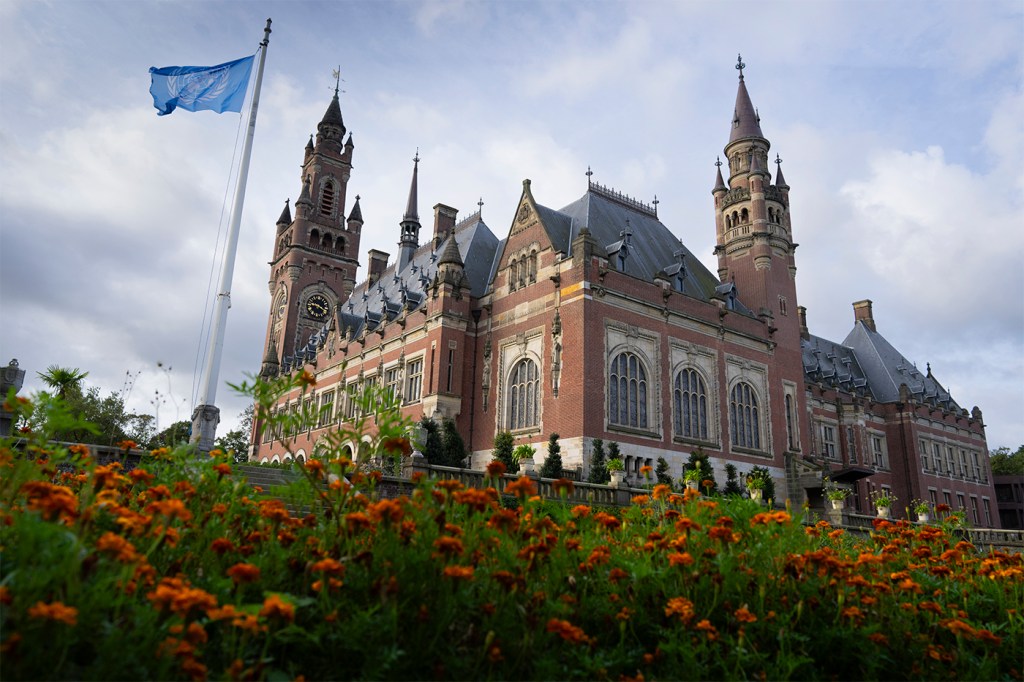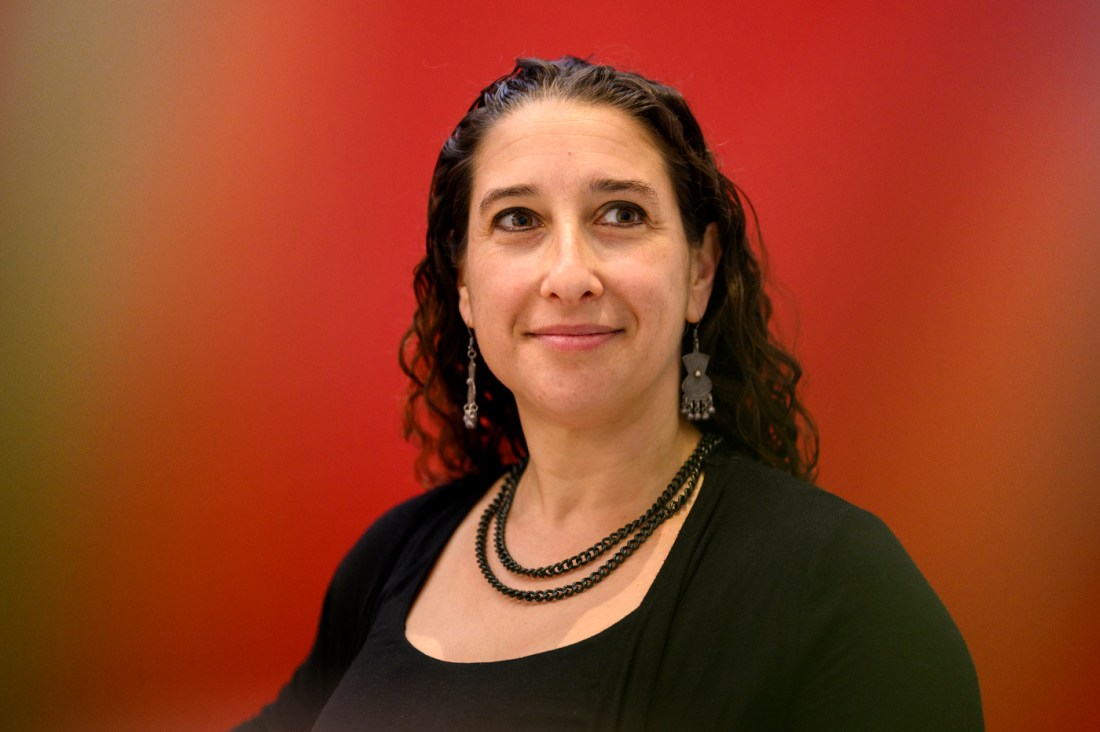Will South Africa’s lawsuit alleging genocide change the course of the Israel-Hamas war?

This report is part of ongoing coverage of the Israel-Hamas war. Visit our dedicated page for more on this topic.
South Africa filed a lawsuit in the United Nations’ highest court alleging that Israel’s military campaign in Gaza amounts to genocide of Palestinians and seeking the campaign’s end.
In court, Israel said it would defend itself and rejected the claim, calling it “blood libel” and accusing South Africa of cooperating with Hamas, the militant group behind the deadly Oct. 7 attack on Israel.
The arguments began Thursday at the International Court of Justice in The Hague.
Editor’s Picks
Northeastern Global News spoke with Zinaida Miller, professor of law and international affairs and an expert on human rights law and international rules of war, about what this case means, the international court, and whether the case could change the Israel-Hamas war.
Responses have been edited for brevity and clarity.
South Africa’s case against Israel seems like a milestone. How big of a deal is this?
“It’s a very big deal. While of course there has been enormous coverage of what’s happening in Gaza, this has brought a very specific kind of attention to the situation in the international legal sphere. It puts Israel in the position of defending itself against well-elaborated accusations — although as I can explain, this is not yet a hearing on the merits of the genocide accusation itself. But South Africa’s application was very detailed, publicly available, and well argued — and their arguments [Thursday] morning in court were powerful. The Israeli team will have an uphill battle at this stage in their efforts to refute any need for provisional measures.”
Israel, as well as the United States, basically called the suit baseless. Is it?
“First of all, at this stage, once you read the application, it’s clear precisely what the basis is for this case. Of course, there will be legal arguments and counter-arguments at every stage — first about the technical aspects of things like jurisdiction and standing and then later on the precise definitions of, for example, ‘specific intent.’ That’s what happens in legal cases. But there is clearly a solid foundation for this case and to try to simply dismiss it as baseless is a very telling reaction — it’s one that doesn’t actually engage with the arguments, it just tries to hide behind a cavalier dismissal. That’s not going to be good enough here, either legally or, I think, politically. It’s just not convincing in the face of these arguments.
“But here’s the other important thing: this is only the first phase. South Africa is asking the court to impose ‘provisional measures’ on Israel prior to the final determination on the merits of the genocide claim. In other words, the court isn’t yet deciding whether Israel is committing genocide (or failing to prevent one), but rather whether South Africa has a plausible case and if there is a need for urgent measures to avert the risk of irreparable harm.
“The second stage will be the merits, which is when they’ll actually get to the decision of whether or not Israel’s conduct amounts to genocide.”
Does South Africa have standing to do this?
“That will be one of the arguments made at the hearings this week. South Africa is arguing that as a party to the Genocide Convention, it has an interest in preventing genocide and ensuring that any commission of genocide (or failure to prevent it) does not go forward with impunity. Essentially, we’re talking about a peremptory norm of international law (prohibition on genocide) and the obligations of states generally to ensure its adherence. Obviously Israel will argue against that. But the International Court of Justice allowed The Gambia’s case to go forward against Myanmar in recent years based on a very similar logic, which very much bolsters South Africa’s case and I think will make Israel’s arguments on this point extremely difficult.”

What do South Africa and Israel need, respectively, to prove their case?
“Keep in mind that this is, again, not a case on the merits, which means the court is not ruling on whether Israel has committed genocide. South Africa’s application — and its arguments in court — does give quite a lot of detail on the two elements of the genocide claim: the specific intent required (with regard to the destruction of a group in whole or in part) and the acts that fall within the category. Those arguments not only shine a spotlight on what’s happening in Gaza, but also provide grounding for the argument that there is a plausible risk of genocide enough that the court should order provisional measures to avert the risk.
“Beyond that, the arguments will cover standing and jurisdiction. The measures South Africa is asking for include halting all military operations, halting actions that fall within the scope of the convention including incitement to genocide, halting the deprivation of basic necessities and humanitarian aid and many other things. Israel will presumably argue that there is no jurisdiction for the case and that South Africa isn’t making a ‘plausible’ case; I imagine they will try to refute the claims of genocidal intent and will also bring arguments with regard to standing.”





